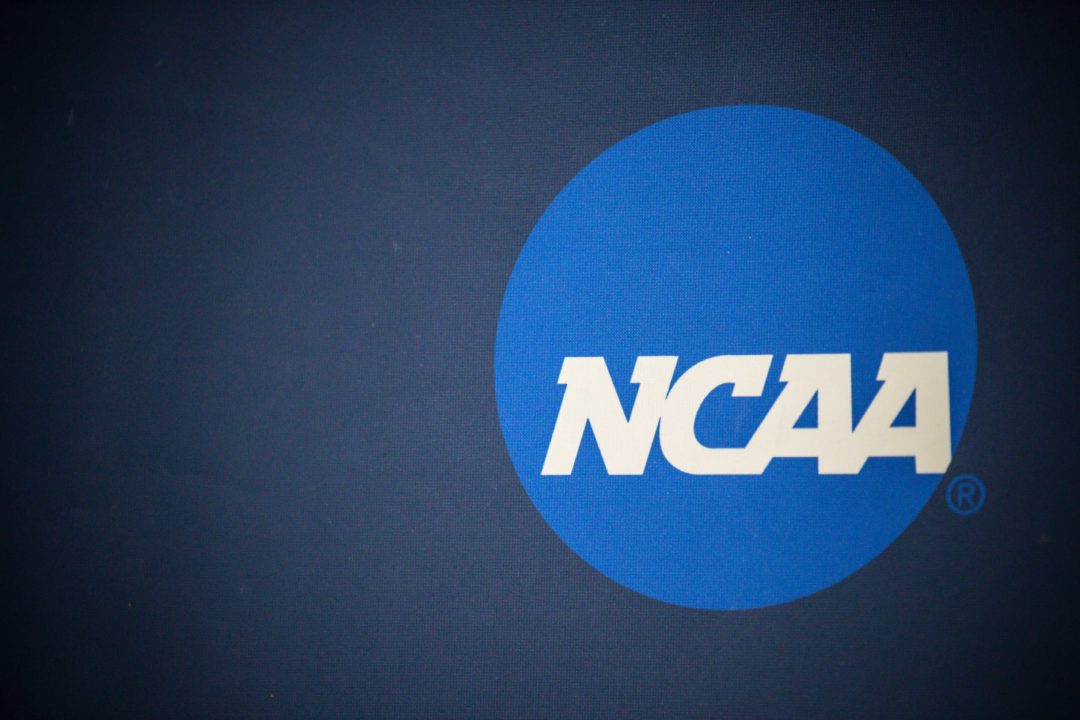Booster collectives have been capitalizing on college athletes’ ability to make money off their name, image, and likeness (NIL) for the past two years, but they got hit with a sobering reality check earlier this month.
The Internal Revenue Service (IRS) issued a memo saying NIL collectives operating as 501(c)(3) tax-exempt nonprofits often serve a “substantial nonexempt purpose” that puts them out of compliance with U.S. Tax Code.
While the letter does not yet hold any legal standing, it signals a coming change that would prevent donors from writing off their contributions and force collectives to pay income taxes on their profits.
Most collectives are independent of the universities they support, but some are organized as nonprofits with a school’s foundation arm, such as at Clemson and Baylor. More than 200 collectives exist among the 131 FBS schools, and dozens of them have been granted tax-exempt status. But those days now appear to be numbered, with some nonprofit collectives already pausing or slowing their operations since the ruling, according to Sports Illustrated.
NCAA president Charlie Baker agreed with the IRS’s assessment last week.
“In the context of what NIL is supposed to be about and how it is supposed to work and what it is supposed to provide, which is a service for an entity that is basically making what we’d describe as a business expense … yeah, it should be treated as a taxable event,” Baker told Sports Illustrated.
Just how much money are some of these nonprofit collectives bringing in? At Florida State, for example, the Seminoles’ Rising Spear Garnet Spirit Inc. received more than $1.2 million in donations for the 2022 fiscal year.
An entity can qualify as a nonprofit if it serves one of eight recognized exempt purposes: charitable, religious, educational, scientific, literary, testing for public safety, fostering national or international, amateur sports competition, and preventing cruelty to children or animals. The organization also has to benefit the public, and the IRS determined that collectives are primarily “serving the private interests” of college athletes through NIL deals.
One tax expert said he does not expect that past donations prior to the IRS’s latest memo to be impacted, just future contributions moving forward.
Under current NCAA rules, NIL deals are supposed to be for legitimate endorsements and sponsorships, not “pay for play.” But the NCAA has hardly regulated the market because it might violate antitrust law, so Baker & Co. have been turning to Congress to lobby for a national standard.

